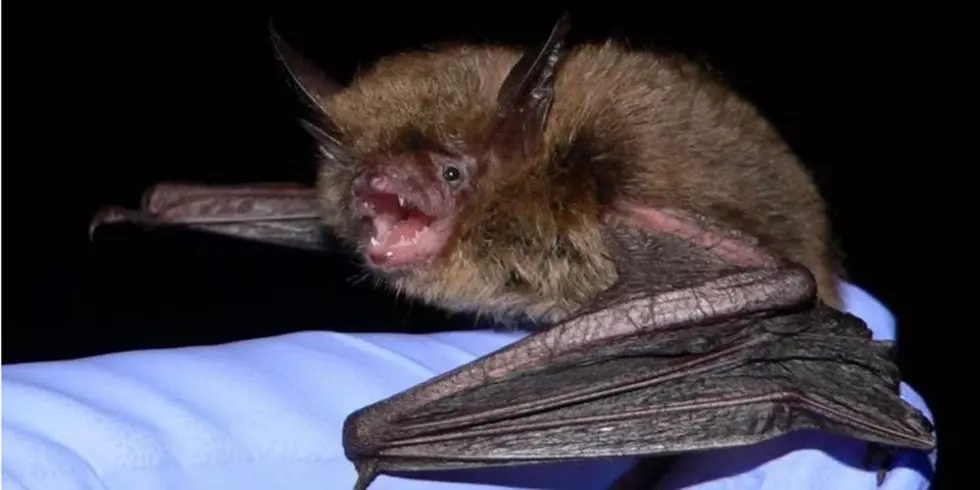
More Skunk Rabies Reported In Weld County
Earlier this week it was reported that a skunk found close to the foothills west of Fort Collins had tested positive for rabies. It was the first time this type of rabies had been confirmed in a populated area of Larimer County. Now the Weld County Department of Public Health and Environment has reported that two skunks have tested positive for rabies in neighboring Weld County.
One skunk was killed after an altercation with several dogs at a residence east of Greeley. The other skunk was picked up by the Division of Wildlife when it was spotted falling over and unable to get out of an irrigation ditch in Eaton.
Beginning in 2007, rabies in skunks began to spread through eastern Colorado and along the Front Range, according to the Weld department of health. Traditionally, bats were the main concern for transmission of rabies in Colorado. Skunk rabies is now considered the main reservoir for rabies in Colorado.
Why is rabies such a big deal? There is no cure for it and if a non-vaccinated dog or cat comes into contact with a rabid animal it has to be euthanized or vaccinated and quarantined at a veterinary facility for 90 days, followed by another 90 days of home quarantine.
- Vaccinate dogs, cats, and ferrets as recommended by your veterinarian; make sure they are up-to-date on their shots. Animals too young to be vaccinated should be kept indoors. Talk to your large animal vet about vaccinating horses and livestock.
- Leash your pets when they accompany you on a walk in your neighborhood or in parks, the foothills, or open spaces. Pets who roam freely have an increased chance of an encounter with a wild animal and could be exposed to rabies without your knowledge.
- Feed your pets indoors, and bring your pets inside at night. Do not leave pet food outdoors or leave livestock feed containers open in sheds or barns.
- Do not feed, touch or handle wild animals and be cautious of stray dogs and cats
- Teach children not to touch either live or dead wildlife (including bats) and to tell you when they have been bitten or scratched by a pet.
- Call the Larimer Humane Emergency Animal Control line at 970-226-3647, Ext. 7, if you see a potentially rabid animal or have a pet that may have been exposed. Also contact your veterinarian without delay if you suspect direct contact between your pet or livestock and a potentially rabid animal.
- Call your doctor or visit an emergency room immediately if you are bitten or scratched by an animal that seems sick or threatening.
More From K99









